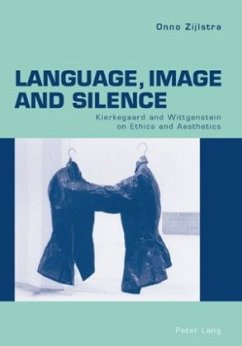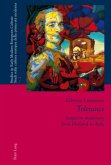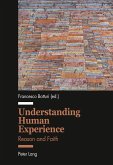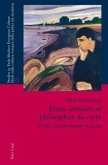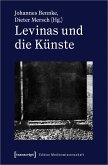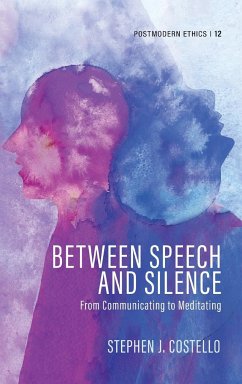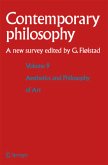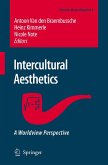This study examines the relation of image and language as well as the relation of ethics and aesthetics through a discussion of the positions of Kierkegaard and Wittgenstein.
In the Tractatus Wittgenstein pursues the idea that the image can show what language cannot express and defends an aesthetic unity of ethics and aesthetics. Is he right? Is there not much to be said in favour of the opposite position, represented by Kierkegaard's pseudonymous author Judge William (in Either/Or )? William criticizes the image and argues in favour of language and of an ethical unity of aesthetics and ethics. William shows that the word has a decisive surplus when compared to the image. However, this position has its shortcomings too: language is not the only place of authentic communication.
Looking for an alternative to 'logoclasm' (the early Wittgenstein) and 'iconoclasm' (William), Zijlstra explores Wittgenstein's later work and Kierkegaard's oeuvre as a whole and presents a new way of thinking about the relation of ethics and aesthetics.
In the Tractatus Wittgenstein pursues the idea that the image can show what language cannot express and defends an aesthetic unity of ethics and aesthetics. Is he right? Is there not much to be said in favour of the opposite position, represented by Kierkegaard's pseudonymous author Judge William (in Either/Or )? William criticizes the image and argues in favour of language and of an ethical unity of aesthetics and ethics. William shows that the word has a decisive surplus when compared to the image. However, this position has its shortcomings too: language is not the only place of authentic communication.
Looking for an alternative to 'logoclasm' (the early Wittgenstein) and 'iconoclasm' (William), Zijlstra explores Wittgenstein's later work and Kierkegaard's oeuvre as a whole and presents a new way of thinking about the relation of ethics and aesthetics.

